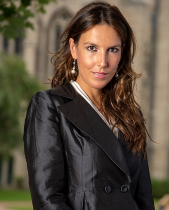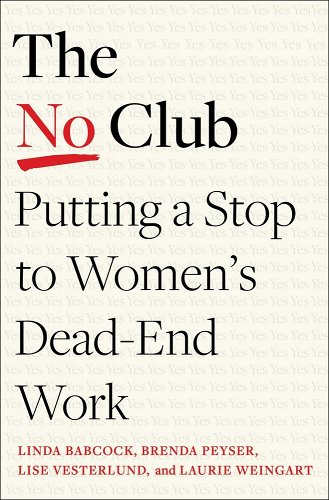Faculty Summer Reading List
From a Hugo Award winning sci-fi trilogy envisioning the development of human society on Mars to a book debunking pervasive myths about immigration, our faculty have some thought-provoking titles for the summer.
Faculty |
Cover Image |
Book Description |
|---|---|---|
 Charles Manski |
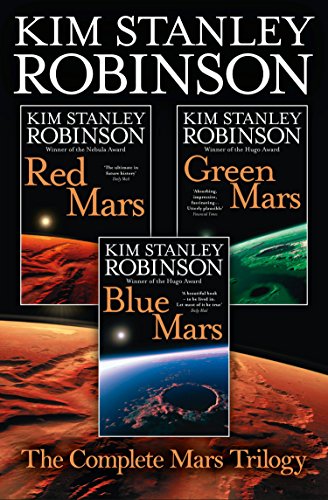 |
Mars Trilogy, Kim Stanley RobinsonThe books span the future several-hundred-year period of human settlement of Mars. While part of the focus is on the many technical difficulties, the heart of the story is the complexity of the human interactions as the new Martians seek to build a viable economic and social system that respects personal freedoms. |
|
|
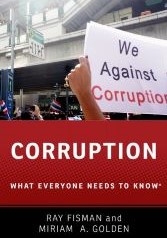
|
Corruption: What Everyone Needs to Know, Ray Fisman and Miriam A. GoldenA must read to learn about corruption across time and space, from the fall of the South Korean president, to the largest corruption scandal in Italian history, to the spark that unleashed the Arab Uprisings, to better understand why, when and how corruption happens, and how we can fight effectively against it The No Club: Putting a Stop to Women's Dead-End Work, Linda Babcock, Brenda Peyser, and Lise VesterlundAn eye-opening read about one of the main sources of gender inequality in the workplace: women are more likely to be asked, and to accept, to perform time-consuming tasks that are not highly rewarded from a career perspective (e.g. participate in committees, organise social events and so on). |
|
|
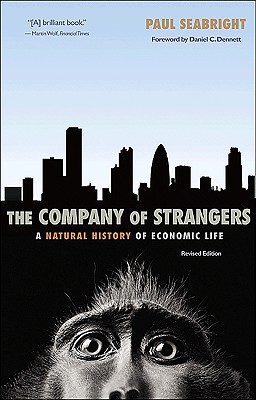 |
The Company of Strangers: A Natural History of Economic Life, Paul SeabrightThe modern economy is remarkable in the degree of specialisation and coordination on display; those shoes that fit your feet so perfectly were probably made thousands of miles away by someone you’ll never meet. In The Company of Strangers Paul Seabright argues that this is thanks to institutions (markets, firms...) that harness not just human self-interest but also our capacity to trust and cooperate with people we don't know. Seabright, an economist, draws on anthropology, biology and history to explain how this latter capacity and those institutions evolved together. |
 W. Walker Hanlon |
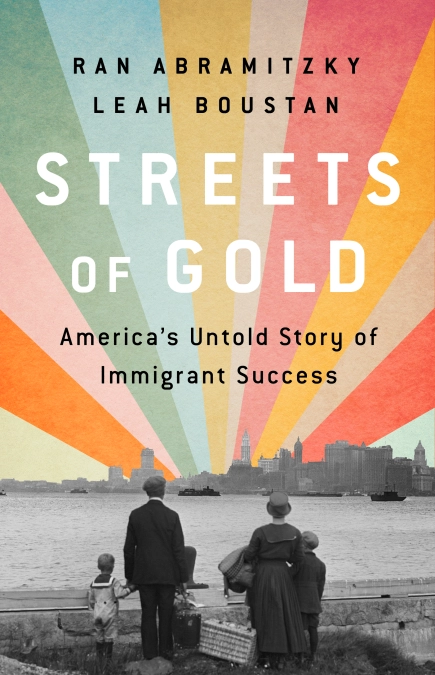 |
Streets of Gold: America's Untold Story of Immigrant Success, Ran Abramitzky and Leah BoustanIn Streets of Gold, Ran Abramitzky of Stanford (Northwestern Economics Ph.D., 2005) and Leah Boustan of Princeton take a data-driven approach to understanding the American immigrant experience. Distilling more than a decade of academic research by two of the leading experts on immigration economics, the authors aim to dispel some of the common myths that dog debates about immigration in America. We learn, for example, that immigrants today assimilate just as quickly as those who arrived in the nineteenth century, and that second-generation immigrants tend to be even more upwardly mobile than those with US-born parents. A fascinating and quick read for anyone with an interest in this important topic. |
|
|
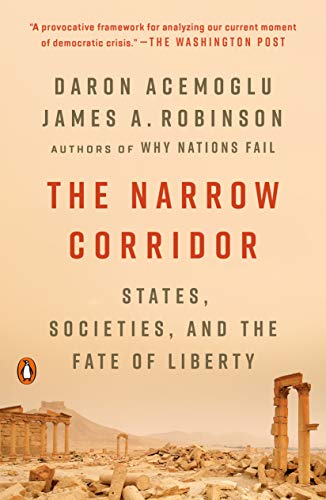 |
The Narrow Corridor: States, Societies, and the Fate of Liberty, Daron Acemoglu and James RobinsonThe book describes interaction between the state and the civil society, the pros and cons of having a strong state, and argues that a well-functioning democracy requires state capacity and the strength of the civil society to grow together. |

